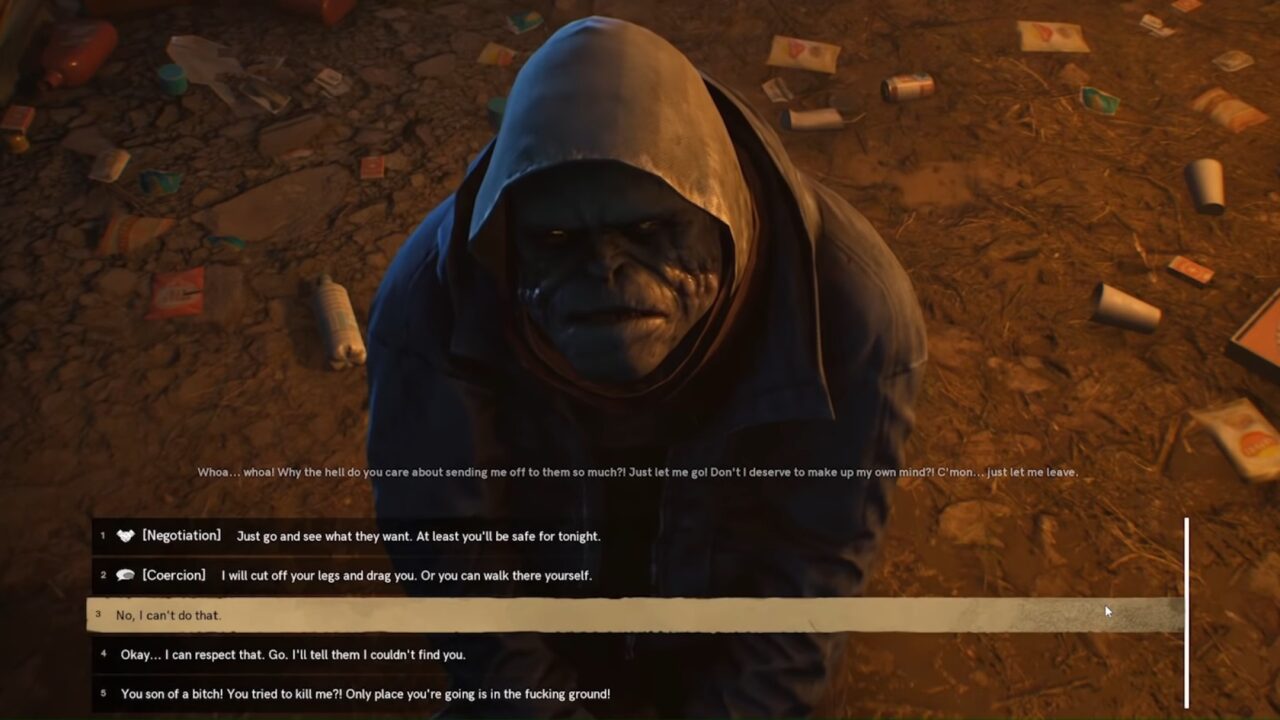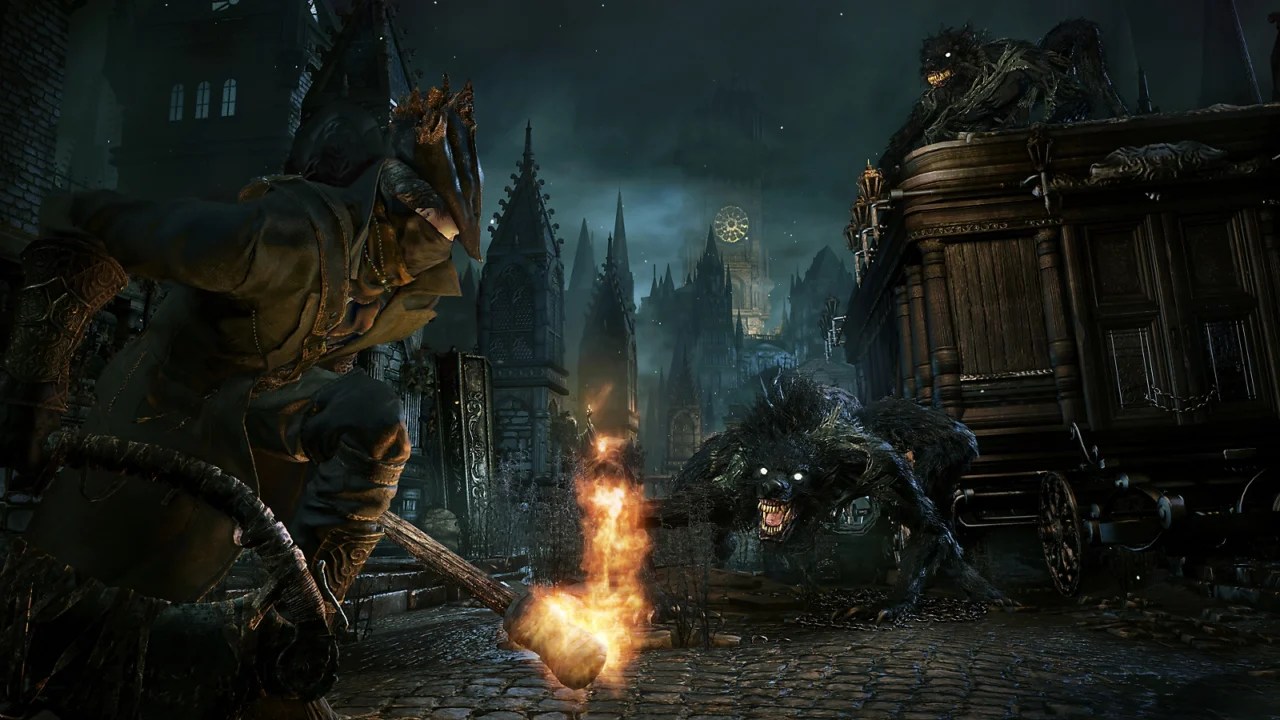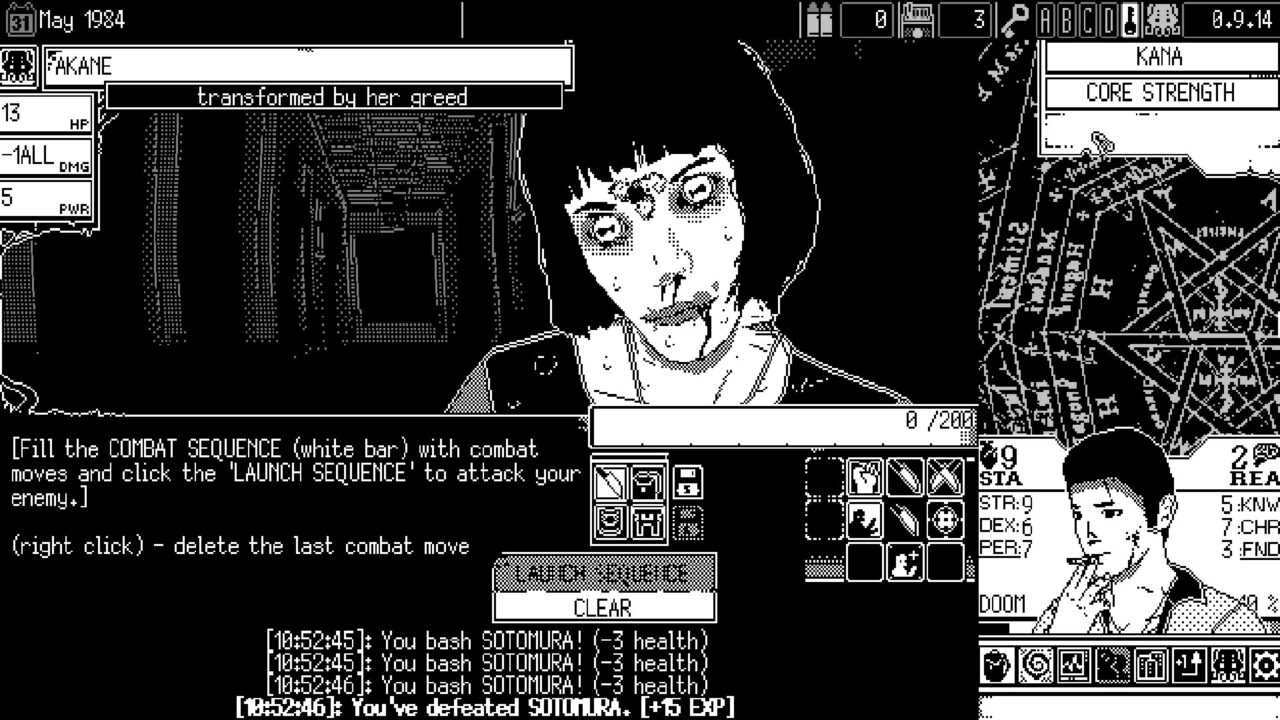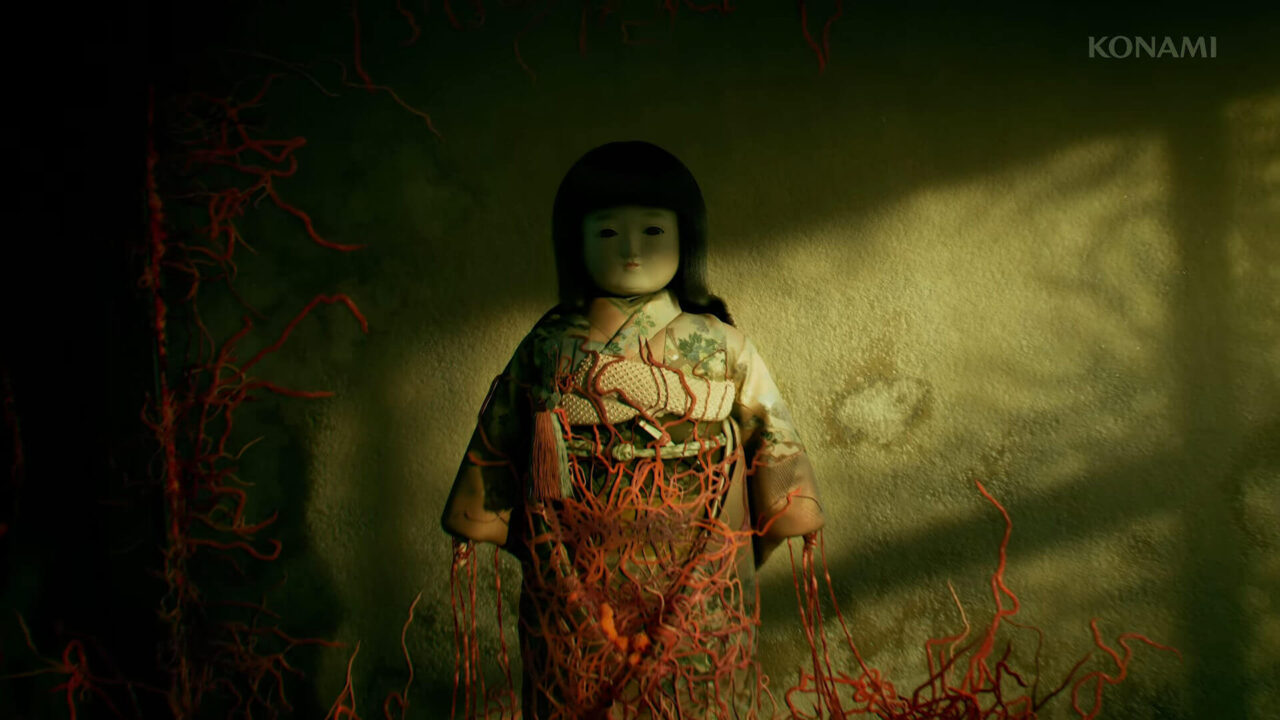Monster Howling to the Full Moon and Carnal Power

A while ago I wrote about one of our published games Sucker for Love by Lead Developer Akabaka and why monsters of movies and myth are icons of fear and desire. About why people find vampires, werewolves, and other supernatural creatures as desirable partners. The easy answer is that adults are just thirsty and socially inexperienced so their desires seek out something more fantastical and outside of everyday problems. I think it’s clear there’s a more emotional fulfillment the fantasy serves and going past courting a monster is becoming the monster.
Monster, like all words, has multiple meanings but the one I’m going with is traditional fantasy, vampires, zombies, ghouls, and goblins. Anything that can be described as unknown to humankind. It should be said the history of pop culture monsters does have some troubling origins with the vampiric Nosferatu infamously featuring a physical design to anti-Semitic caricatures at the time of inception. Werewolves have been theorized to be born from medical conditions such the rabies disease or a genetic disorder affecting behavior or changes in typical body growth. Hunchbacks, Dwarves, Twins, history is full of atypical people who unfortunately have not been treated well in the past and present. So to be clear I use the term Monster for creatures beyond humanity, not people that have been maliciously otherized.

Vampires, Werewolves, and Zombies these classic ghouls have one thing in common: they are originally human and reproduce through a physical or supernatural infection. With them, we get a gradient of intelligent to completely instinctive driven monsters. For Vampires the pleasure is from the physical, emotional, or sexual power the Vampire wields over others, spreading vampirism can be a gift of freedom from human society’s confines or a sadistic curse as they force humans to transform into predators like themselves. Werewolves on the other hand have two opposite tropes commonly associated. Werewolves or lycanthropy is spread through bite wounds but the carriers are either unwilling victims or social predators. Victims of Lycanthropy are often deeply disturbed by what they turn into or have no memory of their feral actions at night. Predatory Werewolves are characterized as sociopathic and have full cognitive awareness during transformation, the beast and human parts of their mind are one and the same. Zombies are the most unsympathetic monster of them all, their most common portrayal is that of a mindless and feral once-human that only acts to fulfill its one drive to consume flesh. Vampires and Werewolves spread their condition through lust, superiority, or out of reproductive instinct but Zombies even lack that. Zombies only seek to consume, humans who turn are a byproduct of that intent, simply victims of the contagion. Zombies that have intelligence are either malevolently altered by some supernatural force, usually demonic in nature, or are preserved often slowly losing their mind as their necrotic tissue eventually decomposes and is unable to regenerate. Sometimes braindead zombies will pitifully imitate the routines they had when they were alive.

What these 3 monster examples share is a complete departure from the restraints of normality. An emotional liberation from what society expects or demands of a person. It’s freedom from living without a voice and a performance detached from one’s feelings. The mythos is incredibly alluring for people already on the fringes of society. There is the other side of monsters which shows them as tragic misfits, they have emotions and intelligence just like everyone else only that the circumstances of their physiology or emotional needs are not something society has accommodated.

Stories start to get interesting and complicated when using supernatural folklore as a social analogy. Vampires have been stand-ins for wealthy elites that literally prey on people’s bodies and souls, only in real life it’s through propaganda, bribery, and organized crime. Lycanthropy is a bit tricky. They do function well as a physical manifestation of sociopathic predators. Infectious Werewolves have some questionable connotations. She who will not be named infamously said “lycanthropy was a metaphor for those illnesses that carry a stigma, like HIV and AIDS” which portrays aids with all the characteristics of Lycanthropy which is seemingly trouble individuals that are secretly dangerous wrathful monsters that will hunt you at night. If one really wanted to have a queer metaphor it would be much more interesting to have a story of Lycanthropes that are distinguished and confident in their self-image but are revealed to be not contagious or violent but widely suspected to be. Instead of all the baggage of illness and minorities portrayed as monsters, this form could portray them as unique but fundamentally persons. The fear around them would be illegitimate paranoia driven by sigma and misinformation. The danger would be the violent actions people take in their xenophobic hysteria which is much more usually the case in real life. There is still the issue of focusing the story around minority struggles which have the risk of overshadowing their fundamental humanity, but it’s still better than reinforcing harmful stereotypes.

So far in this article morality has been focused on monsters being of different forms but fundamentally human in the soul. But what about creatures lacking humanity? What do they deserve? When monsters strike in games it feels like fair play, if my character’s life is in danger then it is just to respond with lethal intent, even more, if the creature is a soulless tool of wrath. What is being destroyed is a machine for violence made of biological mechanisms to cause pain and destruction right? Well, I too share a hatred of wasps and mosquitos, but there is something to be said about the state of existence and the act of destruction. Few will care about the destruction of malevolent forces but what is malevolent can also be circumstantial. Sinkholes, Bear attacks, vermin infestation, floods, hurricanes. These all cause destruction to human habitation and sometimes to natural ecosystems themselves, but it can often be Human habitation that leads to a confrontation with the dangers of nature. Ghosts, vampires, lycanthropy, and zombie plagues in stories usually originate from some great curse or sin of ego, curing or placating it is an act of reconciliation, or in some cases, they are a result of nature, with the same place in the ecosystem as the rest of us. Often these are forces that are impossible to defeat and the best course of action is to leave them in peace.

For more reviews, news and reviews keep reading at Dread XP.
Categorized: Editorials
